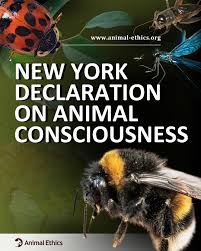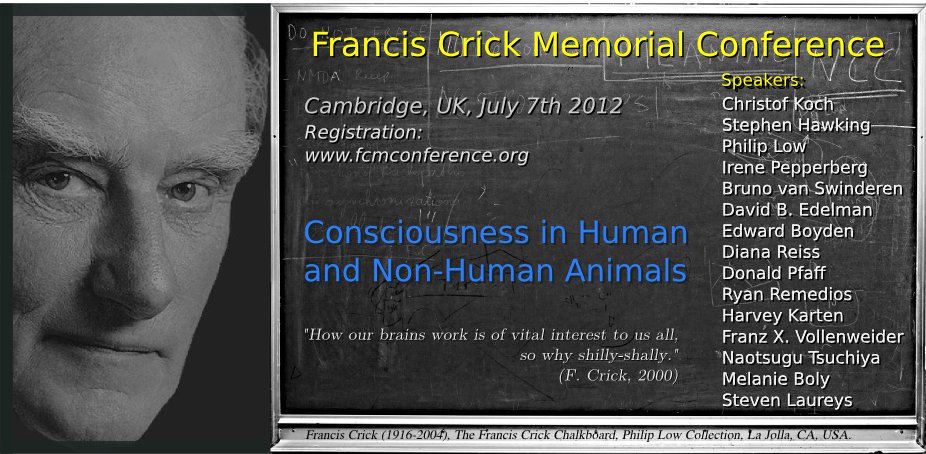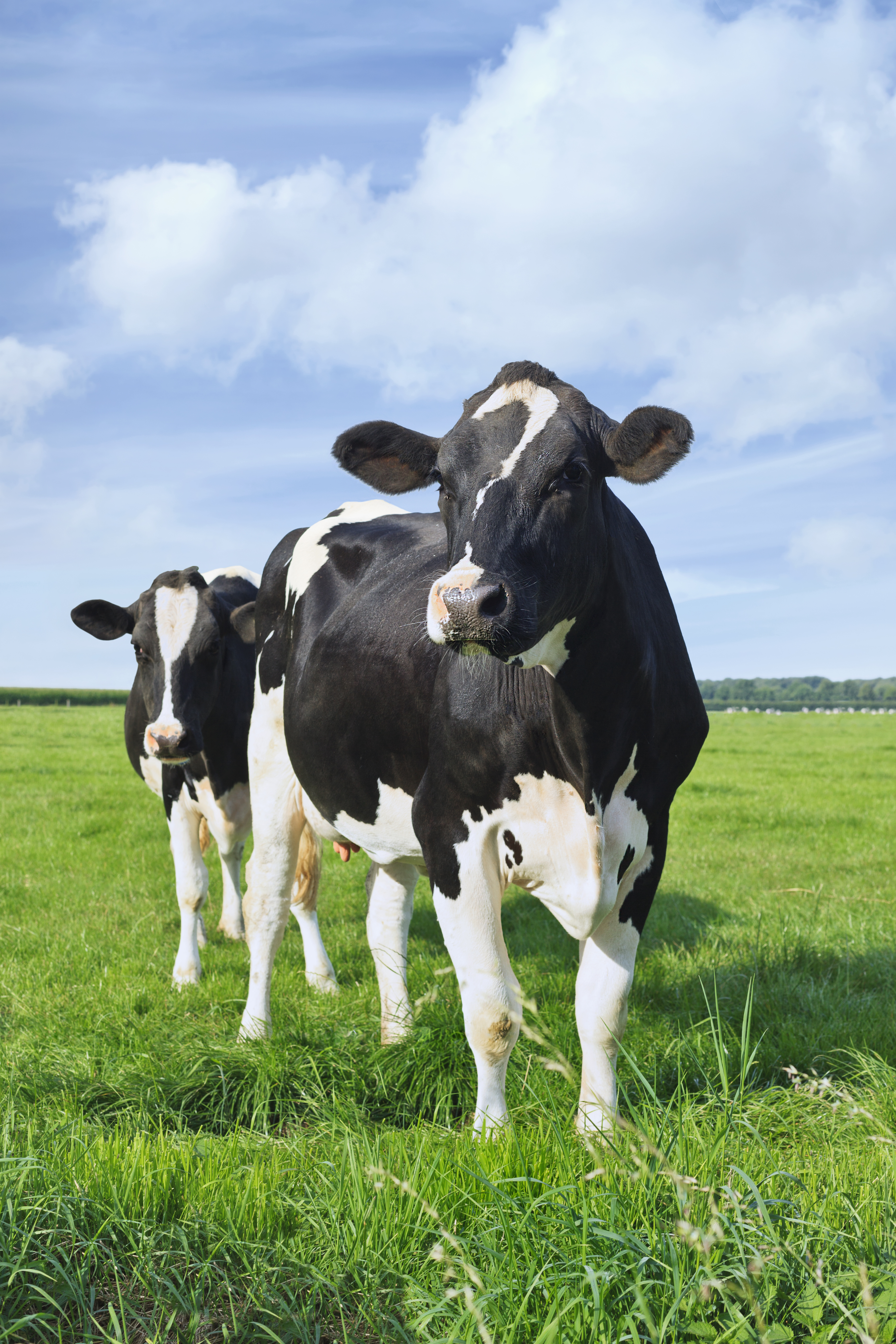Intelligences of Nature: General Statements
Further resources, if available, can be found in our full bibliography.

“The New York Declaration on Animal Consciousness”
The New York Declaration on Animal Consciousness gathers leading scientists to affirm the growing evidence for animal consciousness and encourage rigorous research in the field. Its goals are to promote scientific progress on consciousness, inspire broader engagement, and urge policymakers to consider animal welfare even without full certainty. The declaration emphasizes that a realistic possibility of consciousness, such as in octopuses or bees, warrants serious ethical and policy consideration. While it makes no specific policy recommendations, it calls for proactive steps to reduce welfare risks for vertebrates and many invertebrates as research continues to evolve.

“The Cambridge Declaration on Consciousness”
This declaration states: “The absence of a neocortex does not appear to preclude an organism from experiencing affective states. Convergent evidence indicates that non-human animals have the neuroanatomical, neurochemical, and neurophysiological substrates of conscious states along with the capacity to exhibit intentional behaviors. Consequently, the weight of evidence indicates that humans are not unique in possessing the neurological substrates that generate consciousness. Non-human animals, including all mammals and birds, and many other creatures, including octopuses, also possess these neurological substrates.”

Protocol on Protection and Welfare of Animals
This protocol annexed to the 1997 Treaty of Amsterdam recognizes that animals are “sentient beings” and encourages EU member states to “pay full regard to the welfare requirements of animals.”
Photo Credit: Peacock butterfly; Uschi_Du/Pixabay